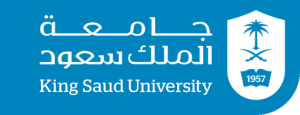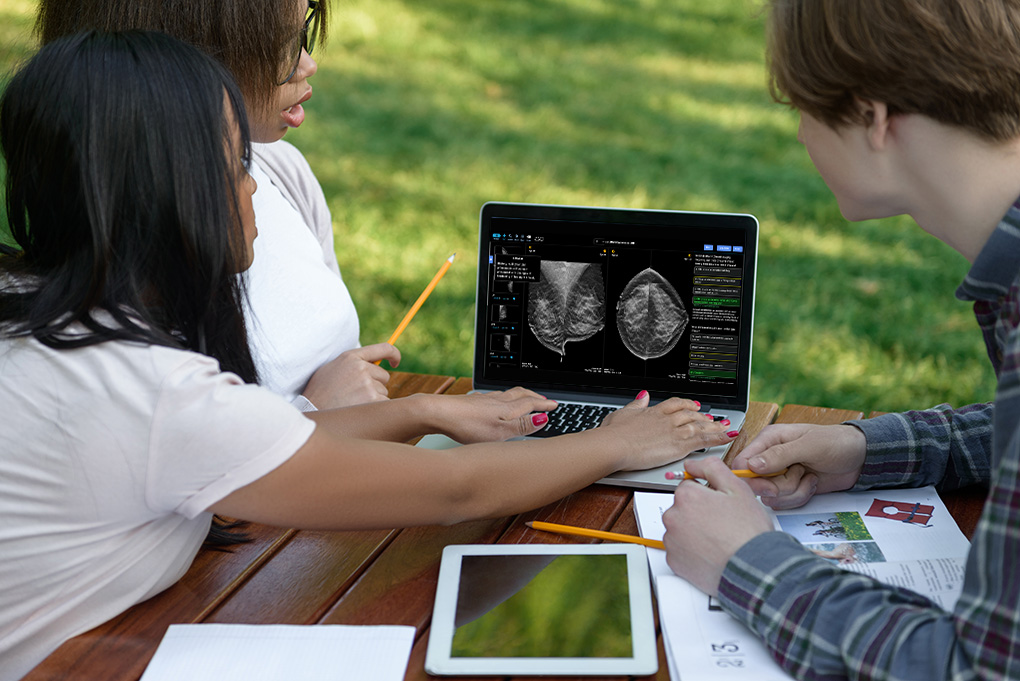DetectedX and King Saud University are delighted to announce a joint project aiming to transform the judgement of radiologic image quality.
Much effort has been made over the years to improve technology and technique when interpreting images, but this work is limited if the image to begin with is of limited diagnostic quality.
 The Challenge:
The Challenge:
Improve image judgements through training and rich feedback
Typically, a radiologist and radiographer’s ability to judge image quality has relied on on-the-job training or didactic lectures. This is now accepted to be less than optimum.
The collaboration between DetectedX and King Saud University aims to explore the impact of an innovative, interactive self-assessment platform that is available 24/7 to every clinician or student wherever in the world they are located.
Students involved in the study will interact with images and DetectedX's novel algorithms will provide instant feedback on performance, and tailored feedback on how image judgements can be improved. The impact on the expertise of students’ with varying experience and education will be measured before and after their use of DetectedX platform.
Access to real-world cases and high quality images for students in the Middle East.

It is our vision to provide students and learning institutions with superior medical imaging, allowing them the opportunity to test, monitor, and constantly improve their working performance.
Working with the King Saud University allows students in the Middle East to gain access to thousands of proven case studies, allowing them the ability to perfect their skills, and thereby improving the general health and wellbeing in the region.
We will continue to expand, and strive to work towards a world where all students can have access to the best in online learning.
As a start-up medical education technology company, DetectedX is open to working with philanthropic partners to further enhance our ability to distribute and deliver educational solutions to the developing world.
"Findings from these first users suggest that the tool has potential not only to improve students’ judgements by increasing their undergraduate exposure to case studies but also boost their confidence."
Early feedback is positive
DetectedX will be made available to around 200 King Saud University radiological students.
It is expected that 80 students will be onboarded onto the platform by January 2023. Preliminary survey results from students who have used the novel DetectedX algorithm to judge radiologic image quality are promising:
Findings from these first users suggest that the tool has potential not only to improve students’ judgements by increasing their undergraduate exposure to case studies but also boost their confidence.
Therefore, incorporating more e-learning DetectedX modules into undergraduate curricula could be greatly beneficial to radiological students. Further studies are needed to fully explore the benefits of such tool and to assess the long-term retention of judgement skills following completion of DetectedX modules.
About King Saud University
Originally founded as Riyadh University in 1957 under a royal decree by Prince Fahd, King Saud University (KSU) was established to disseminate and promote knowledge in the Kingdom of Saudi Arabia.
The KSU radiological sciences program, which was established in 1979, is a pioneering and leading program that aims to assist the Saudi health sector by graduating radio technologists with all necessary knowledge and powerful skills in the radiological sciences. The current program was internationally accredited and approved by the Accreditation Agency in Health and Social Sciences (AHPGS), and its faculty members are now developing and editing the curriculum and course materials to adopt modern techniques that support the educational work system promoted by Saudi Vision 2030.
While traditional didactic teaching remains predominant in KSU’s radiological sciences program, recent education trends emphasize innovative methods, such as online learning, which is well documented as promoting active learning, especially when paired with case-based or problem-based teaching and interactive feedback, factors critical to learning and mastering radiography skills. DetectedX offers all this, as it is delivered through a consortium that includes DetectED-X, expert researchers from the University of Sydney, clinical experts from around the world, and leading medical imaging companies (e.g., GE Healthcare and Volpara) to ensure that individuals everywhere can assess their radiologic performance on clinically relevant images in their own environments and receive immediate feedback via well-known scores. The innovative DetectedX program and services can thus improve the skills of KSU graduates, preparing them to provide high-quality radiological services in the Saudi health sector.